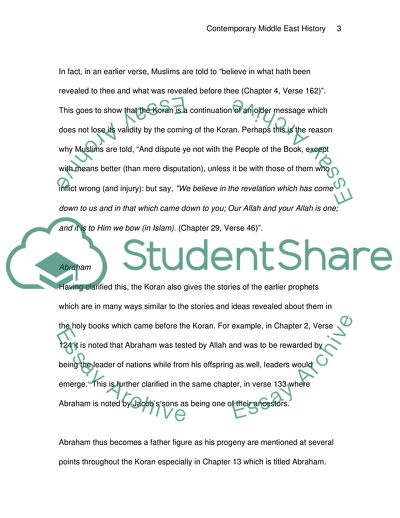Cite this document
(Contemporary Middle East History - Project One Essay, n.d.)
Contemporary Middle East History - Project One Essay. https://studentshare.org/history/1716559-contemporary-middle-east-history-project-one
Contemporary Middle East History - Project One Essay. https://studentshare.org/history/1716559-contemporary-middle-east-history-project-one
(Contemporary Middle East History - Project One Essay)
Contemporary Middle East History - Project One Essay. https://studentshare.org/history/1716559-contemporary-middle-east-history-project-one.
Contemporary Middle East History - Project One Essay. https://studentshare.org/history/1716559-contemporary-middle-east-history-project-one.
“Contemporary Middle East History - Project One Essay”. https://studentshare.org/history/1716559-contemporary-middle-east-history-project-one.


